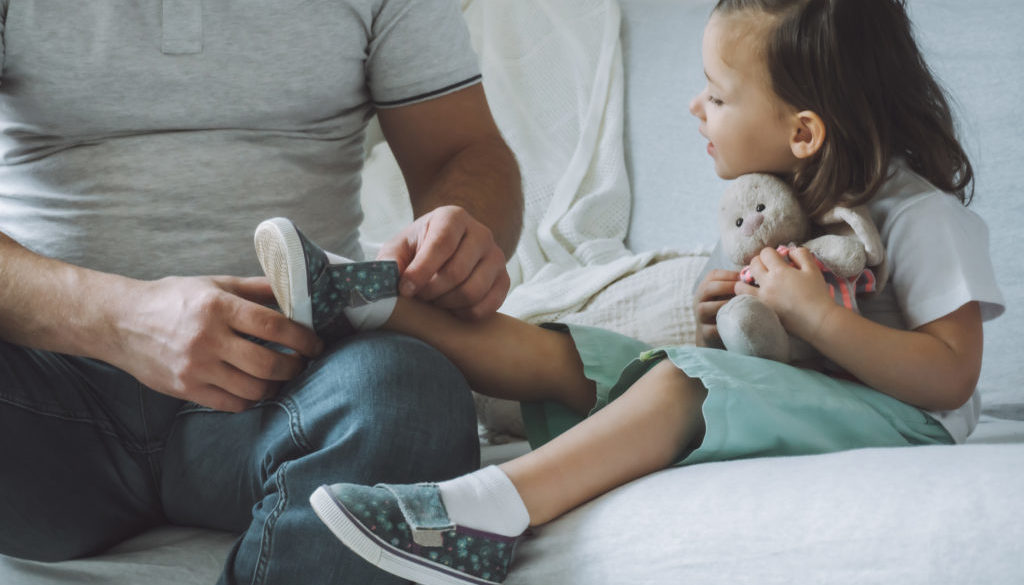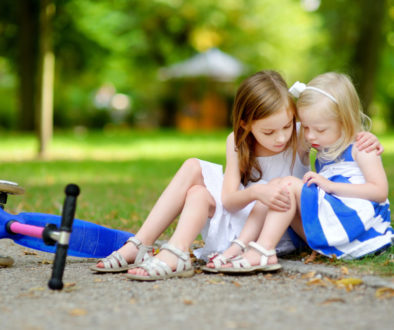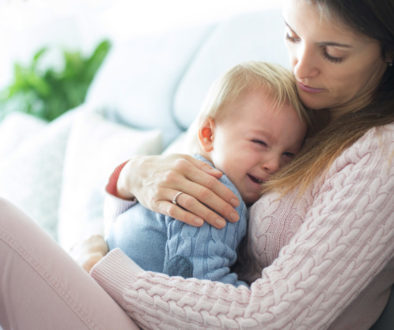Forty Carrots Toolbox

“Punishment” describes methods of gaining control by requiring rules or orders be obeyed and punishing undesired behavior. “Discipline” comes from the Latin root word disciplina, which means “giving instruction, to teach.” Recent brain research has confirmed that people learn best when they feel safe and connected to others, within the context of safe relationships. Positive discipline does not rely on rewards and punishments and instead uses the power of active listening, relationship building and working to understand your child through empathy and validation to promote positive behaviors.
The most powerful tool for teaching children is modeling what we want them to do or to be. Positive discipline is a parenting model based on the idea that there are no bad children, just good and bad behaviors. Connection must come before correction for discipline to be effective in the long term because the goal of positive discipline is to teach by first creating safe relationships with children.
At Forty Carrots Family Center, we love sharing ideas to help support our families on the journey of parenting and raising children, so we created “The Parenting Toolbox.” This toolbox is meant to help promote cooperation within the context of a safe relationship while also limiting power struggles with your little one.
- Be clear about expectations: THE RULE IS…
“The rule is…shoes on to play outside.”
- Promote cooperation: WHEN…THEN…
“When your shoes are one, then we’ll go outside.”
- Avoid power struggles: CHOICES…
“You can put your shoes on and play outside or stay barefoot and play inside. Which do you choose?”
- Communicate what is O.K. and remind them what is not: 3 PART REMINDER
- What you can’t do You can’t play outside without your shoes on.
- Why not? Your feet could get hurt.
- What to do instead You can wear shoes and play outside or stay inside and play without shoes on.
- OFFER SPECIFIC PRAISE
“Yay! Thank you for putting your shoes on! Now you’re ready to play outside. Let’s go!”





